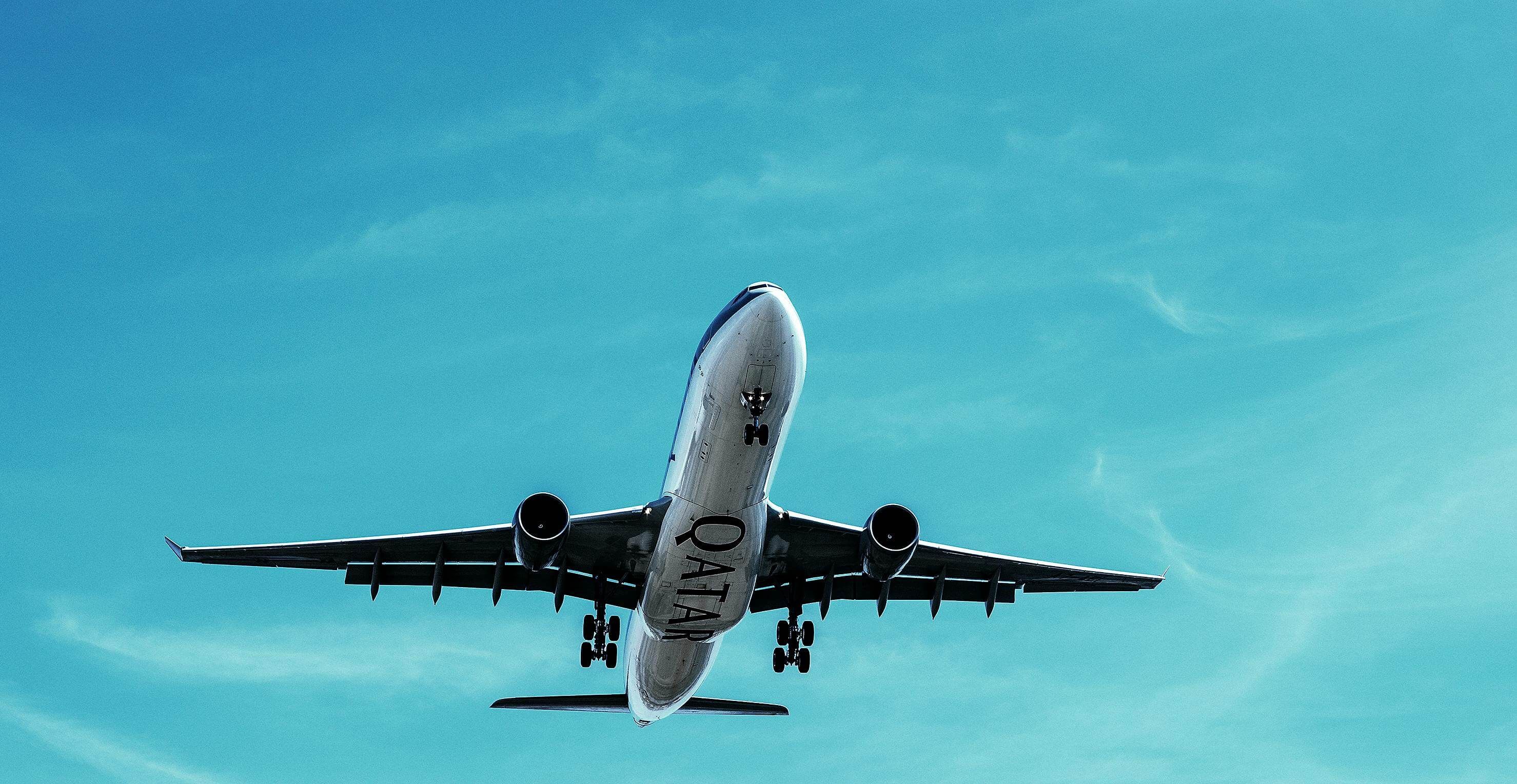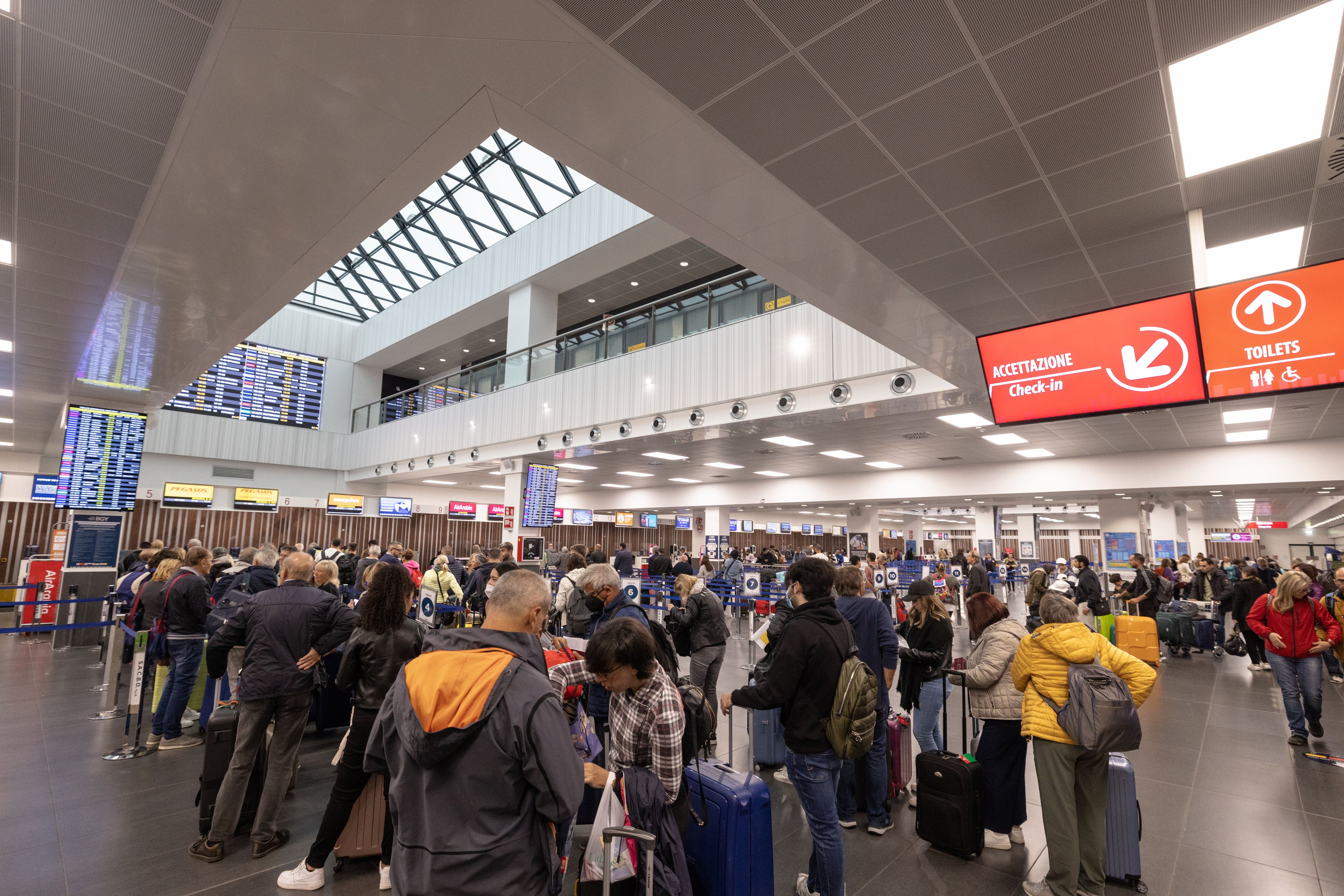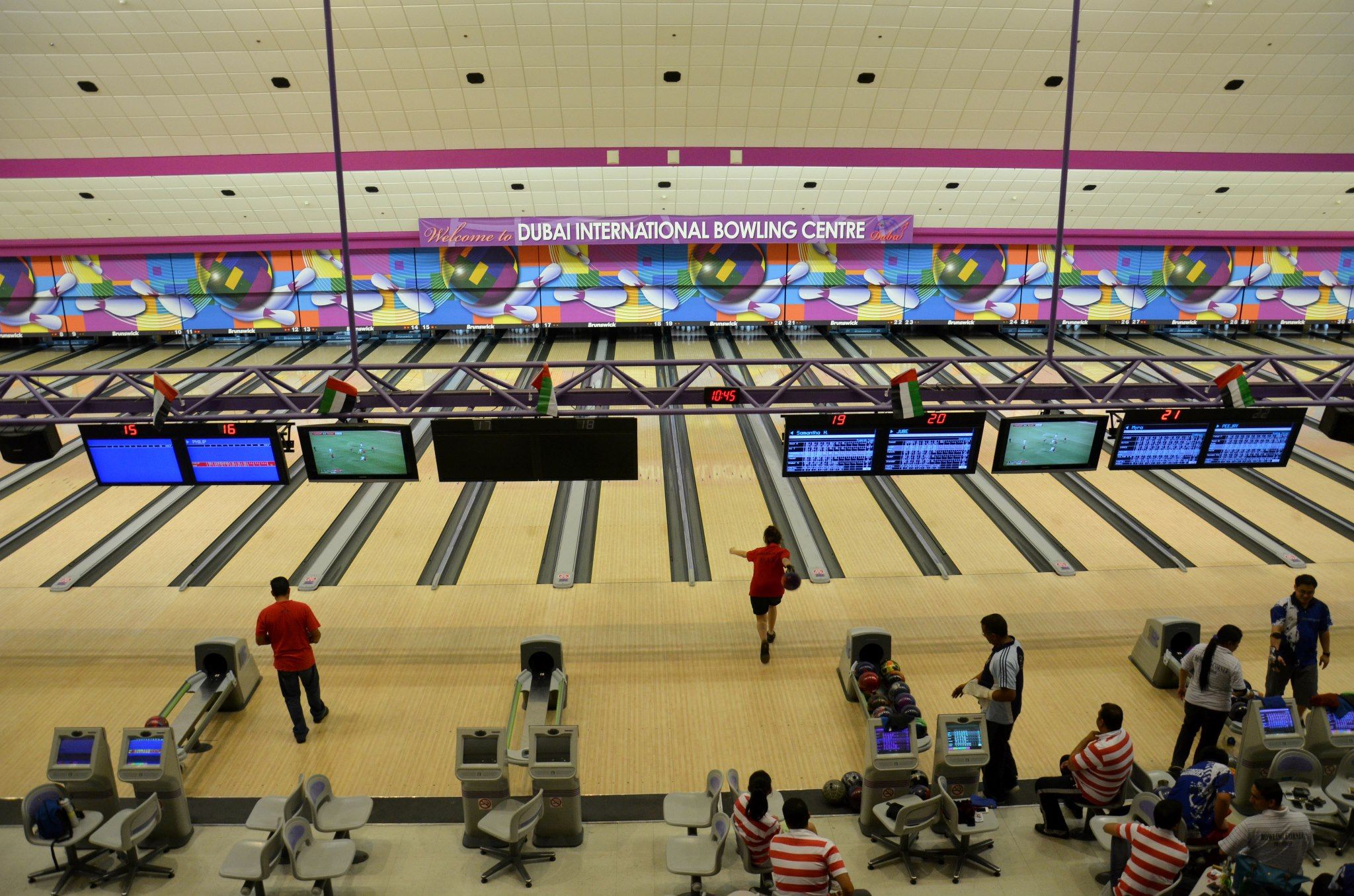
04/12/2025
The best markets and bazaars in Dubai - a guide
Copy link

Ewelina Winiarczyk
26 October 2025

Air travel has become an everyday occurrence – both for work and pleasure. Unfortunately, even the most comfortable flight can leave you feeling tired, sleepy, or disoriented. The culprit is jet lag, also known as sudden time zone change syndrome. How can you avoid it? How can you prepare your body for a long flight so that you feel good after arrival and quickly get back into shape? Here is a comprehensive guide to help you survive sudden time zone changes without any major problems.
Jet lag, also known as time zone debt, is the body's natural reaction to a sudden change in time zone. When you travel by plane from one end of the world to the other, your internal biological clock, which regulates sleep, wakefulness, appetite, and mood, suddenly loses its bearings.
Imagine that your body is programmed to a certain daily rhythm: you fall asleep when it gets dark and wake up at dawn. Then suddenly, you take a flight east or west, and everything goes haywire. In a short period of time, you cross several time zones, causing your circadian rhythm to become out of sync with the local time at your destination.
As a result, you experience symptoms of jet lag, often mistaken for simple travel fatigue. The most common symptoms of jet lag include:
All these symptoms are the result of a disruption in the internal clock. Their duration depends, among other things, on the number of time zones crossed, the direction of travel, and individual adaptation to local time. Jet lag usually lasts from 1 to 3 days, but on long journeys (e.g., from Europe to Australia) it can last up to a week.
A trip to Dubai is a great option for travelers because the time zone change is not significant and jet lag is not very severe. To fully prepare for exploring the city and avoid stress, check out the guide to Dubai.
Although it is impossible to completely eliminate jet lag, there are ways to minimize its effects. The key is to prepare your body before departure.
1. Gradual change of daily rhythm
A few days before a long trip, start gently shifting your sleep and meal times towards the time zone of your destination. If you are planning to fly east, go to bed earlier and get up earlier. If you are flying west, do the opposite. It's a small change, but your body will slowly start to adjust to the new circadian rhythm.
2. Sleep during the flight
During the flight, try to sleep according to the time of day at your destination. If your arrival is scheduled for the morning, try to fall asleep on the plane. A short nap, earplugs, an eye mask, or even taking melatonin (after consulting your doctor) will help. However, avoid strong sleeping pills, as they can only worsen the quality of your sleep and make you even more sleepy after landing.
3. Avoid alcohol and caffeine
This is a golden rule for every traveler. Avoid alcohol and caffeine on the plane—both substances dehydrate the body, make it difficult to sleep, and increase feelings of fatigue. Instead, drink plenty of water, preferably in small sips throughout the flight. Your body will thank you.
4. Easily digestible meals
When traveling, it is a good idea to choose easily digestible meals. Heavy dishes and fast food only burden the stomach, which is already trying to adapt to new conditions and meal rhythms. Fruits, vegetables, nuts, and whole-grain sandwiches are good choices.
5. Movement on board the plane
During a long flight, try to get up from your seat from time to time, stretch, or walk around the plane. This will improve your circulation, prevent leg swelling, and help you maintain your energy after arrival. Even a few minutes of movement every hour can work wonders.

After landing in a new place, it is crucial to synchronize your biological clock with the local time as quickly as possible.
Nothing is more effective than sunlight. It regulates our circadian rhythm, influences melatonin secretion, and helps the body understand when it is day and when it is night. Therefore, after arrival, even if you are tired, go out into the fresh air. A walk, coffee on the terrace, or a short trip around the area will help you adjust to the new time zone as quickly as possible.
Many travelers make the same mistake—after a long flight, they go straight to bed. However, the best solution is to wait until the evening at your destination. If you really can't wait, allow yourself a short nap (20-30 minutes), but no longer, so as not to disrupt your sleep.
Try to eat, sleep, and rest according to local time. Changing your meal and activity rhythms will help your body accept the new circadian rhythm more quickly.
Don't forget to drink water after you arrive. The dry air in the plane and the fatigue of the body increase dehydration, which manifests itself in drowsiness, headaches, and a general deterioration in well-being.
So how do you prepare for a long flight so that you don't collapse upon arrival? Here are some practical travel tips that are most important:
Jet lag is nothing more than a temporary disruption of the body caused by a sudden change in time zone. It manifests itself in sleep disturbances, headaches, mood swings, or feeling unwell after a flight, but it is not dangerous – as long as you know how to deal with it.
The best ways to combat jet lag are: gradually preparing your body, getting enough sleep during the flight, avoiding alcohol and caffeine, exposing yourself to daylight, and adjusting to the new circadian rhythm as soon as possible after arrival.
Your internal biological clock needs some time to “adjust,” but if you follow these simple rules, you can say a decisive “no” to jet lag. This way, even after a long journey and a long flight, you will be able to immediately enjoy the charms of your new destination - rested, happy, and ready for adventure.
When planning a trip to Dubai, it is worth booking accommodation and attractions well in advance, as this city attracts tourists from all over the world throughout the year. It is a good idea to take advantage of the ready-made travel packages organized by Two Continents, which include accommodation, selected attractions, standard insurance, and support from a guide throughout your stay. Such a package allows you to avoid the stress of planning and enjoy your trip without worrying about the details.
1. Does drinking water help with jet lag?
Yes, drinking water really helps alleviate the effects of jet lag. During and after a flight, the body easily becomes dehydrated due to the dry air in the cabin, which exacerbates post-flight discomfort, headaches, and fatigue. Therefore, it is a good idea to drink plenty of water in small sips, as hydration supports your internal biological clock and helps you adjust to the new time zone more quickly.
2. What are some ways to avoid fatigue after air travel?
To avoid fatigue after air travel, it is worth ensuring you get a good night's sleep before the flight, drink plenty of water, and avoid alcohol and caffeine. A short walk around the plane, easily digestible meals, and exposure to daylight after arrival also help. This allows the body to adjust to the time zone change more quickly and cope with jet lag more easily.
3. Does a nap after a flight help combat jet lag?
Yes, a short nap after a flight can help alleviate the symptoms of jet lag, especially if you are very tired. However, it should not last longer than 30 minutes—sleeping too long can make it difficult to adapt to the local time and delay the adjustment to the new circadian rhythm.
4. What foods and drinks affect the effects of jet lag?
The effects of jet lag are positively influenced by easily digestible meals, rich in vegetables, fruit, and protein, which do not burden the body during travel. It is also a good idea to drink plenty of water and avoid alcoholic beverages and caffeine, as they increase dehydration and worsen your well-being after a flight.
5. Can daylight help with jet lag?
Yes, daylight plays a key role in combating jet lag because it helps “reset” your internal biological clock to a new circadian rhythm. Exposure to sunlight after arrival accelerates adaptation to local time and alleviates symptoms of fatigue after a sudden change in time zone.
See other news

04/12/2025
The best markets and bazaars in Dubai - a guide

04/12/2025
Hotels for people with disabilities in Dubai – guide

03/12/2025
Milan Bergamo Airport lifts restrictions on liquids in hand luggage

02/12/2025
Car racing in Dubai – events

02/12/2025
Where can you play cricket in Dubai?

02/12/2025
Falconry in Dubai – discover the traditions of the desert

02/12/2025
Where to go ice skating in Dubai?

02/12/2025
What is Dubai Motor City famous for?

02/12/2025
Where to go bowling in Dubai?

02/12/2025
How do local residents view Dubai?